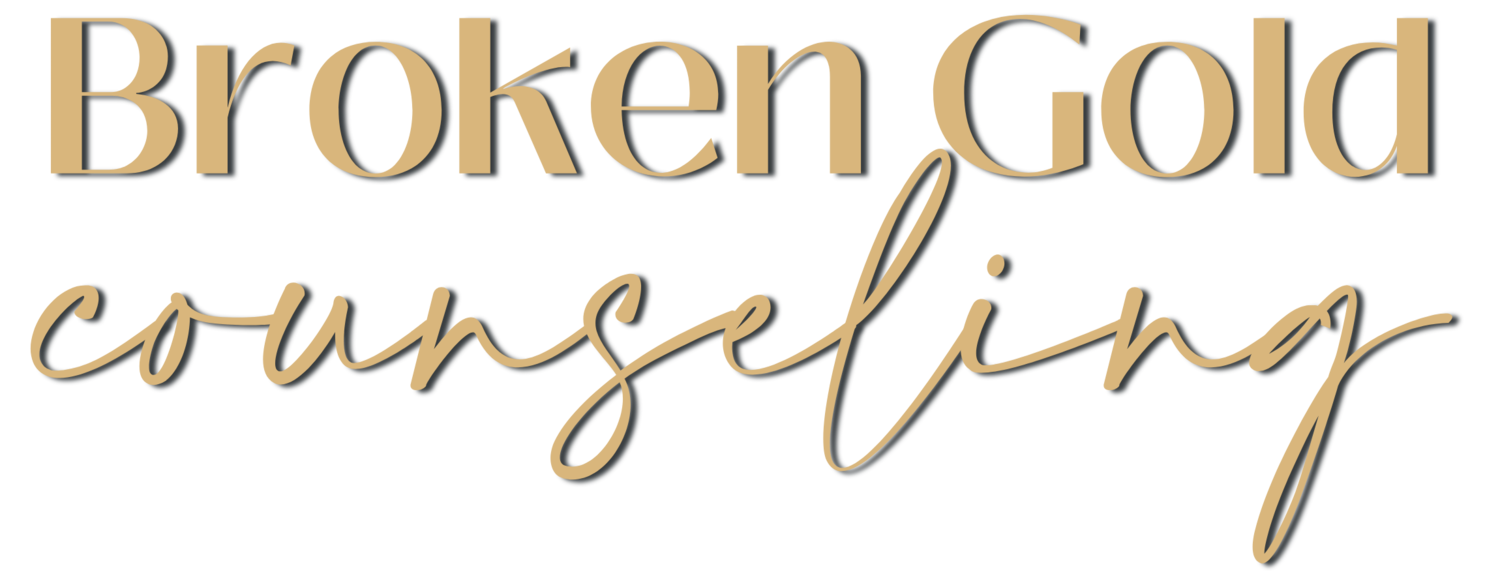Three Reasons Negative Feedback Can Be Helpful to Therapists
Last month, I put up a post on Instagram about receiving negative feedback from a client. I wanted to take some space to reflect further on this experience and what I learned from it. Part of my work involves offering my services as an independent contract therapist. One of the agencies I work for offers clients the opportunity to share feedback, anonymously, with the therapist. A client I saw for an intake session, shared some feedback with the company regarding their experience with me and this feedback was then discussed with me by someone that works for the company, as a way to not only improve client experience, but also to support therapists through this process. The feedback from this client was, well, less than glowing. Objectively, some of what they communicated was true, and some of the feedback stemmed from this client and I not being a good working fit.
Of course, these things about myself and how I came across in the session were hard to hear, and at first hearing it, I did notice some defensiveness that came up for me. However, after some time to reflect on what took place in the session, the type of person/therapist I want to be, and the opportunity presented to me, I was able to own what was mine in this situation and take responsibility for my behavior. I listened, with an open mind. I reflected honestly on what my role was in this situation, and I looked for ways that I can do better next time. This experience made me realize how valuable it is for therapists to remain open to hearing negative feedback. There are three reasons that this is important.
First, this can help balance the power differential that is inherent in the therapist/client relationship. Therapists enter the therapist/client dynamic holding more power. We are the experts the client looks to for information, guidance, and support. We listen to clients reveal the most vulnerable parts of themselves. We are mental health professionals tasked with the responsibility of using our expertise to help clients establish more effective behaviors. This responsibility holds so much weight that it is protected by ethics and standards of practice dictated by governing bodies of social workers, psychologists, and counsellors.
Therapists can manage the power differential in relationships with clients by inviting client feedback and staying open to receiving feedback. Inviting client feedback gives clients a chance to have more control over their treatment and more of a voice in the therapy relationship, thereby making the therapy space more collaborative.
Second, it offers clients a chance to see effective behaviors modeled in real life. Perhaps you are working with a client that gets defensive with their partner or friends whenever they perceive they are being criticized. By inviting and receiving negative feedback or constructive criticism using therapy skills (emotion regulation, growth mindset thinking, cognitive reframing, dialectical thinking, etc), you provide an opportunity for your client to see how these skills work. This can create a unique situation where what is happening in the moment becomes an opportunity to teach effective skills.
Third, therapists benefit from staying open to negative feedback as it presents an opportunity for learning and growth. Zen master Shunryo Suzuki said, “In the beginner's mind there are many possibilities, but in the expert’s, there are few.” If we always know everything, then we leave little room to learn new things. By staying open to the idea that we aren’t always the “expert” we create the space necessary to continue learning.
As I said in my Instagram post, part of the reason I absolutely love being a therapist, is that I am always offered chances to learn and develop; to grow and do better. This occupation is truly a blessing. The opportunities for growth are endless. Next time you find yourself presented with the opportunity to receive feedback, whether you are a therapist or not, how will you choose to look for the possibilities instead of letting defensiveness keep you from growing?

